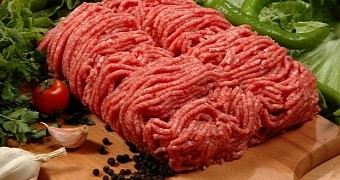The whole point of having labels is letting us know what exactly it is that we're buying. The problem is that, by the looks of it, labels don't always pass the test of accuracy.
In a recent study, researchers at Chapman University found that, when it comes to ground meat, labels don't always mention all the right species. Sometimes, they name other species altogether.
In a report in the journal Food Control, the scientists say that, having studied a total of 48 ground meat samples taken from products sold in the US, they found that as many as 10 of them were mislabeled.
More precisely, 9 contained meat from at least one other species than the ones listed on the label, and the 10th sample was entirely mislabeled, meaning that it contained a whole other meat mixture.
Of the samples, 2 were found to contain horse meat, now illegal to sell in the US.
Then, when the research team put 54 game meat samples to the test, they found that as many as 32 of them were mislabeled and said to originate from some other species than what they really were.
For instance, samples of bison and yak meat turned out to be domestic cattle, and alleged black bear meat was discovered to be in fact beaver meat, the Chapman University scientists say.
This happened despite the fact that game meats produced in the US are regulated by the country's Department of Agriculture and game meats imported from other countries are regulated by the Food and Drug Administration.
Interestingly, the researchers found mislabeling to be more common among products sold by online specialty meat distributors than among products found in supermarkets.

 14 DAY TRIAL //
14 DAY TRIAL //